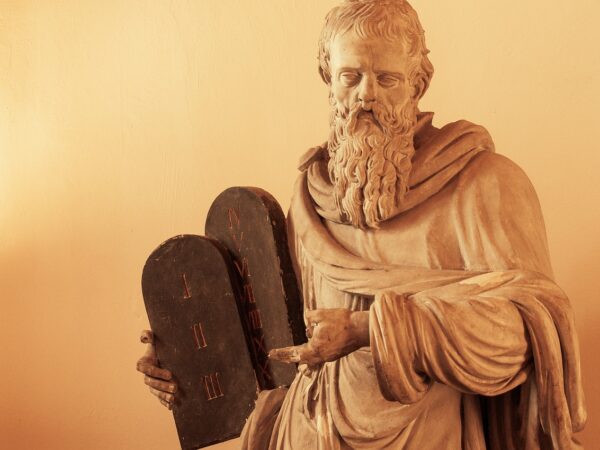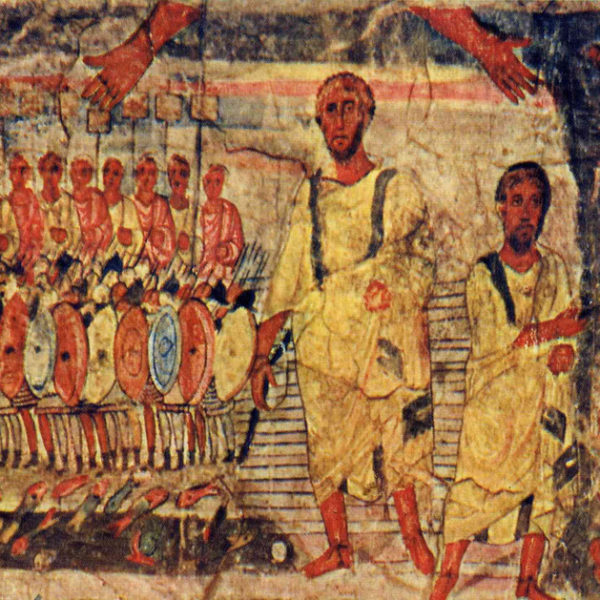
We were not made for the capitalist subjection that characterizes our lives. The gift of the Sabbath serves us in the present by contesting work’s overlordship and disrupting the social controls by which capitalist hegemony maintains itself.

Jesus’s followers seek a “prophet” who serves human desires for control and vengeance: the power his followers think is essential in order to defeat their human oppressors. They forget that the prophet only ever serves the Divine will, which has a vision wider than the cosmos, concerned with re-establishing the harmony that was written into the fabric of creation from its very beginning.

Though theologies and practices vary, many Christians commit to sacred times of relation, mutual care, and patience as a form of devotion to God’s promise of justice, believing that this promise is their work to carry out, too. In the Sabbath lives a wider, eternal perspective and sacred release from daily rhythms, obligations, and productivity, an invitation into the transcendent.

New issues from the twentieth year of our journal feature articles from editorial board member Bonnie Honig, a special issue on Pragmatism and Political Theology, book reviews and more.

The idea that the political aspects of the Ten Commandments are confined to the latter portion and that the beginning portion is only ‘religious’ in nature is unsustainable. The politics of the commands themselves as well as the politics of the conversations in which those commands are embedded continue to be instructive for faithful communities today.



